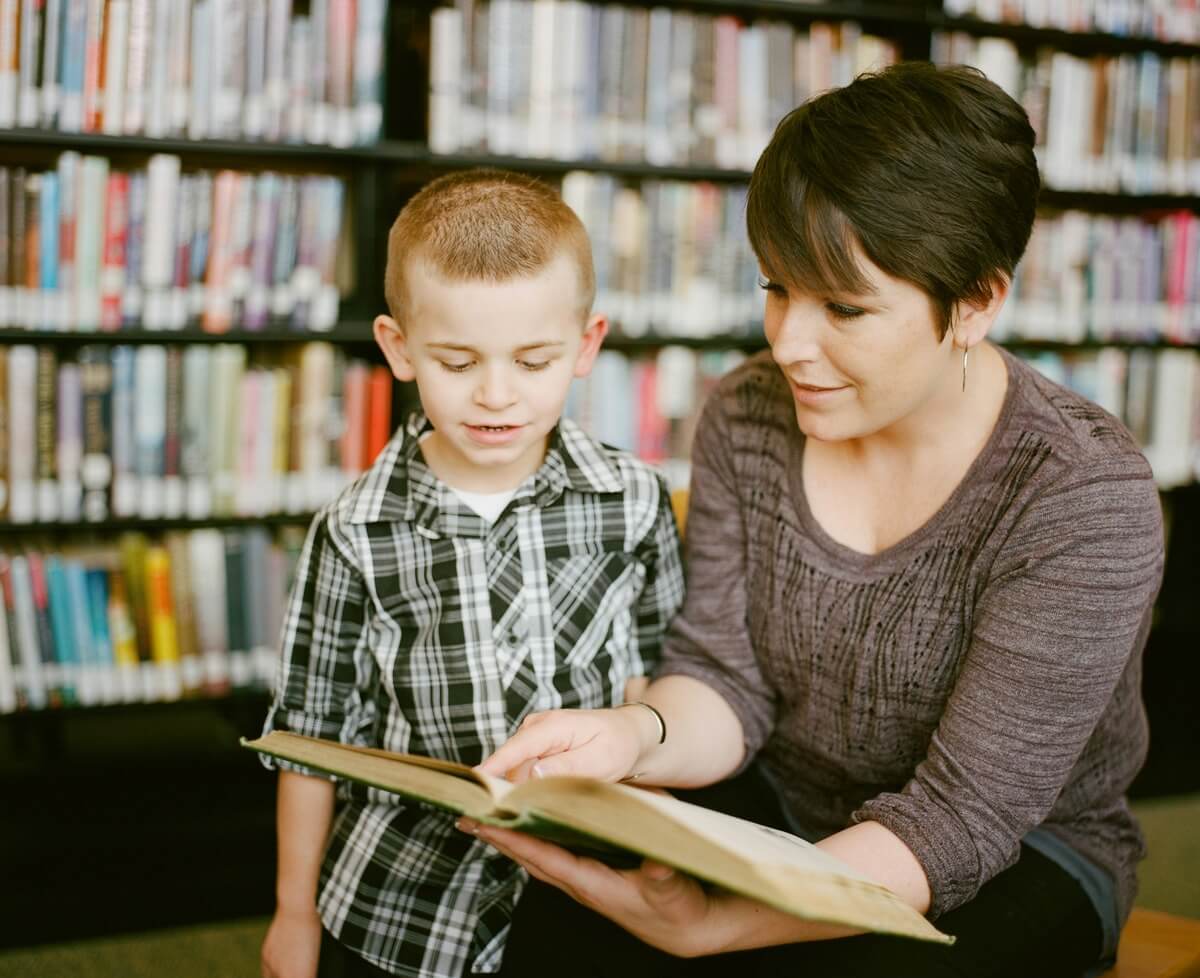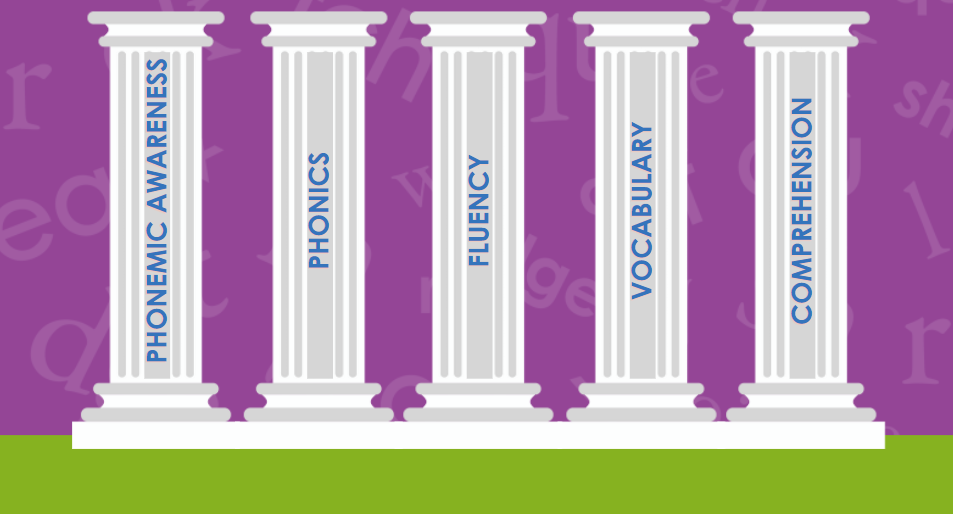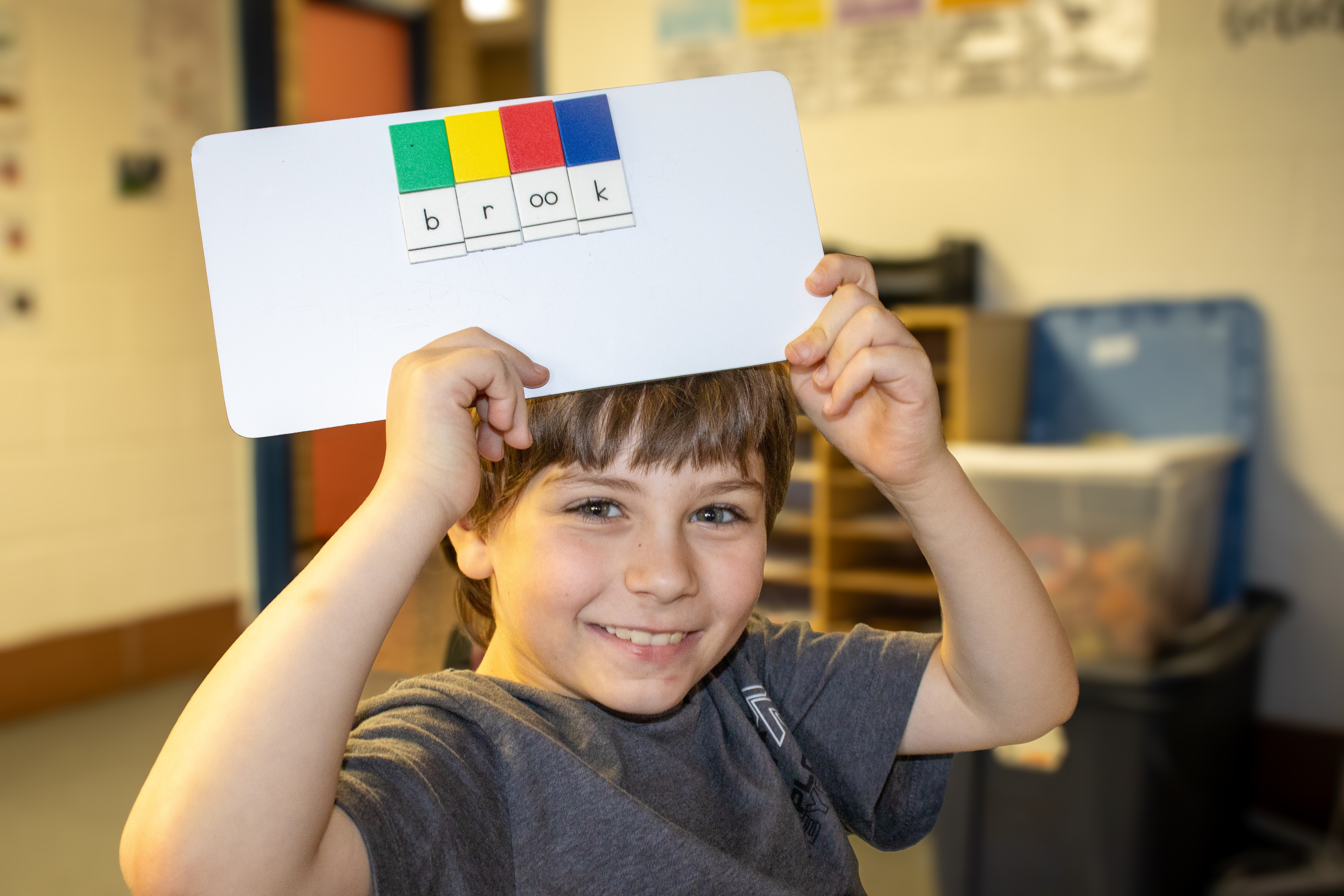Blog Posts

Many core literacy programs fall short in addressing all student needs, particularly in foundational skills. Supplemental programs, when integrated with a core curriculum, provide targeted support, accelerate student progress, and ease the burden on teachers. This blog explores ten key reasons why supplemental literacy programs are essential for effective instruction.

Summer is a great opportunity for struggling readers to close the gap. With 2024 NAEP reading scores at historic lows now is the time to use research-backed strategies that actually work.

Phonics instruction is crucial for early reading and writing as it helps students efficiently decode words, boosting word recognition and reading fluency. This fluency significantly improves text comprehension, the ultimate goal of phonics.

The National Reading Panel, using decades of research has identified five critical areas of reading instruction: Phonemic Awareness, Phonics, Fluency, Vocabulary and Comprehension.

Early literacy holds the keys to preventing reading failure for most students. By establishing practices rooted in the science of early literacy, students will be put on a path to become skilled readers and thus orthographic mappers efficiently and engagingly.

